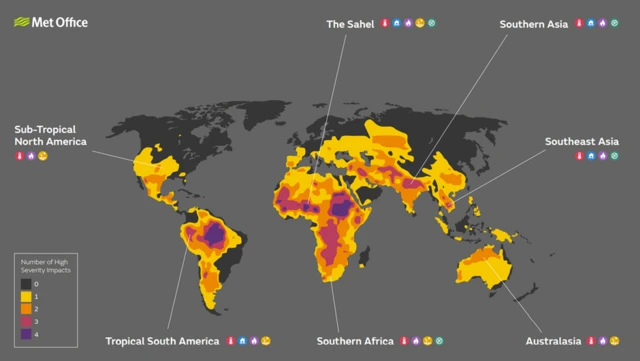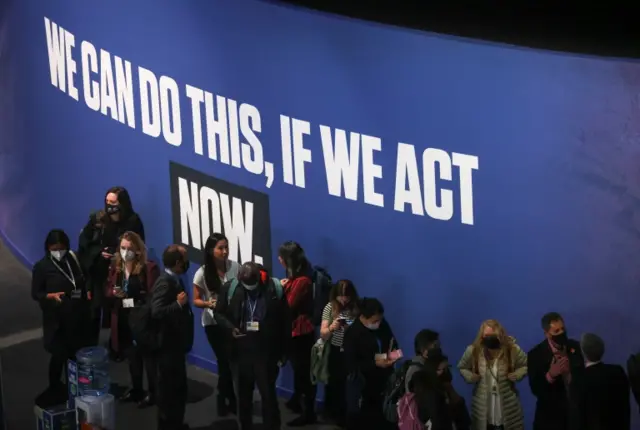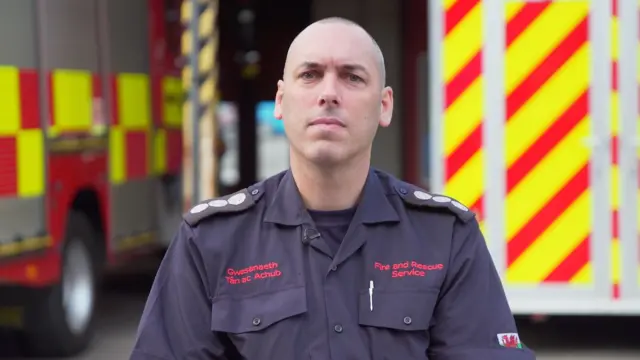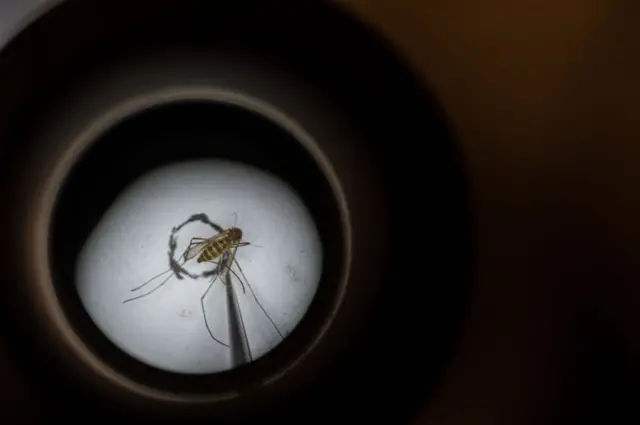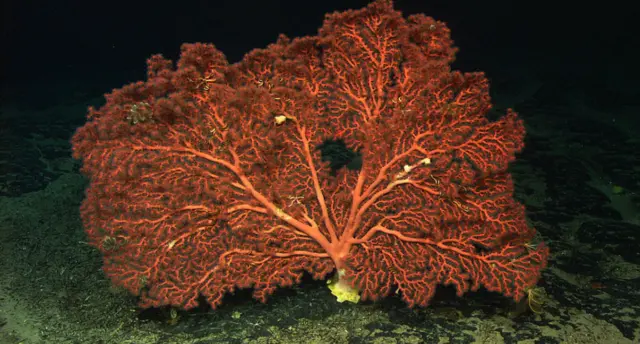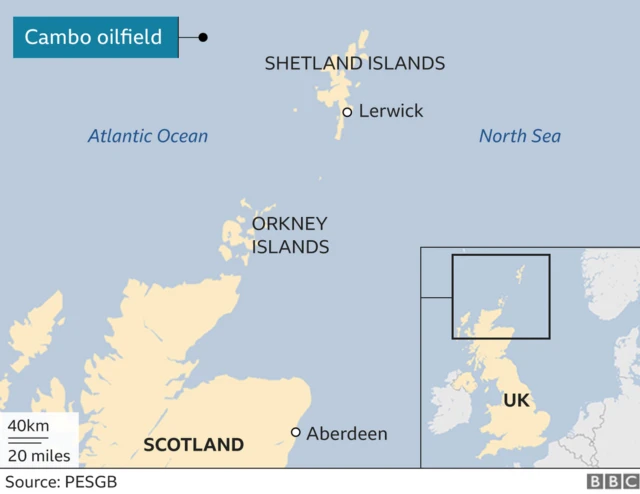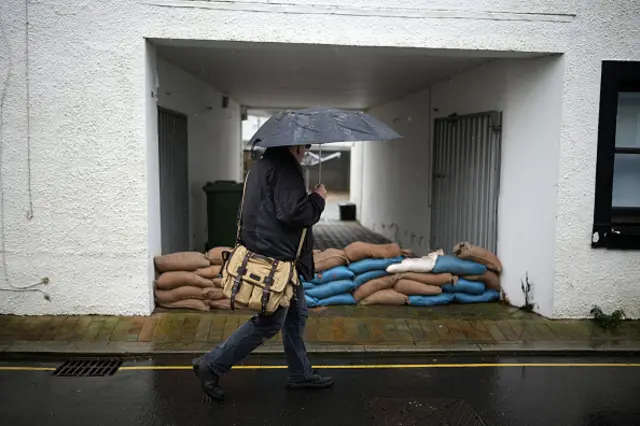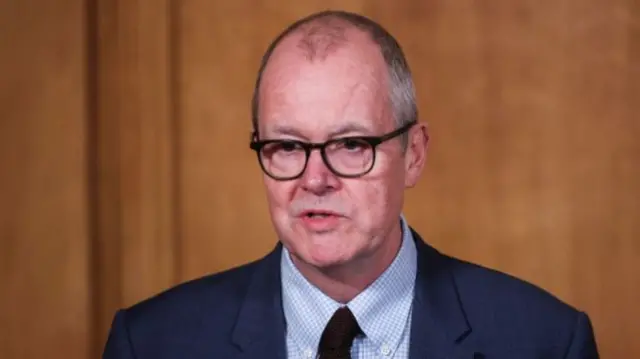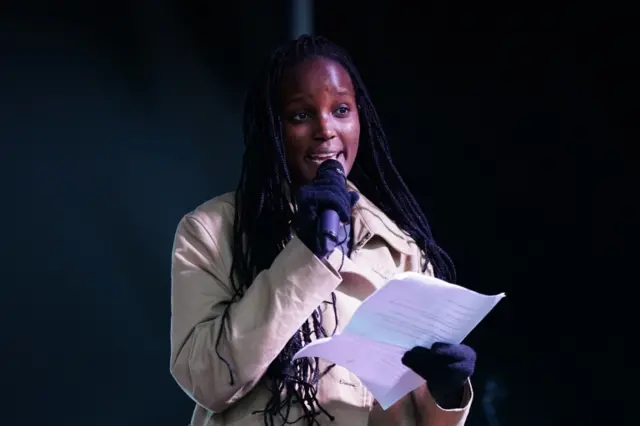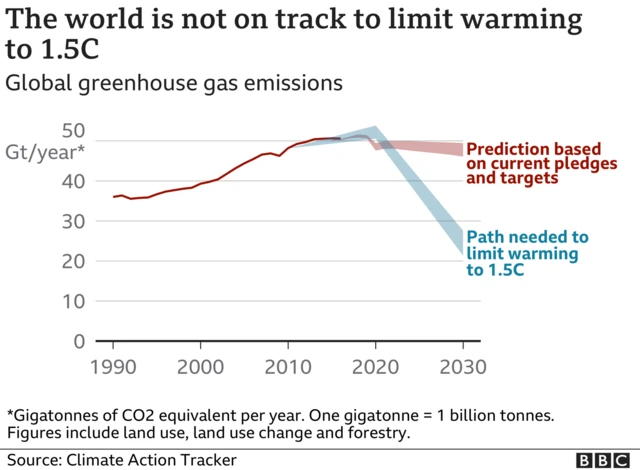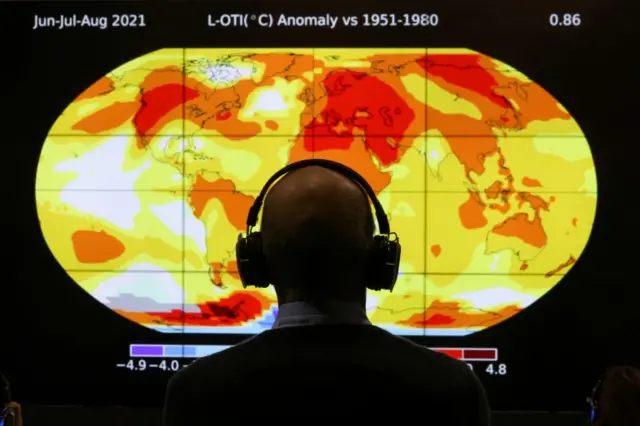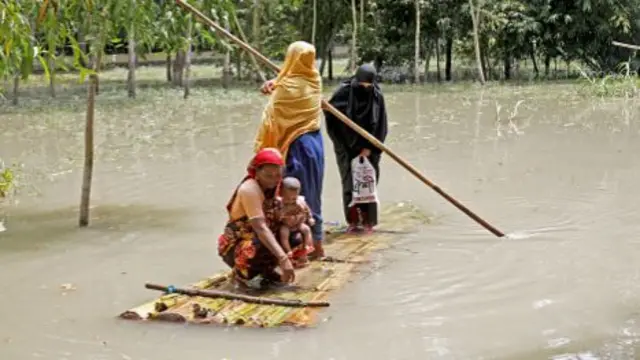COP26: What's it all about?published at 10:46 GMT 9 November 2021
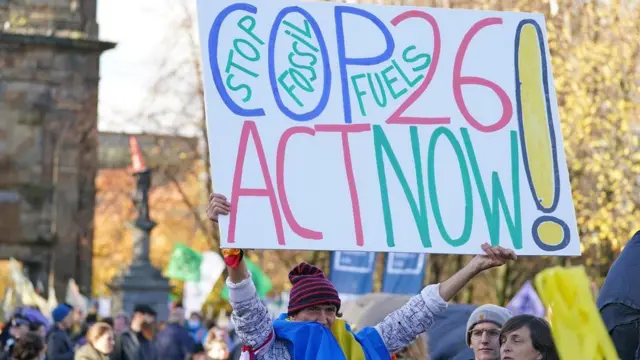 Image source, PA Media
Image source, PA MediaWe're now well into week two of the UK hosting COP26.
The summit, being staged in Glasgow, has heard from world leaders, delegates and activists looking at ways to bring climate change under control.
So, as a quick refresher, here's a breakdown of what COP26 is all about and how it could affect our lives.
How many countries are at COP26?
Up to 25,000 people from 200 countries have either been in Glasgow already or are expected at the summit, including world leaders, negotiators and journalists.
However, the Russian and Chinese presidents have been criticised for not coming.
Thousands of businesses and campaigners also go to attend events and hold protests.
When does COP26 finish?
The 26th Conference of the Parties opened in Glasgow on 31 October and will run until this Friday, 12 November.
What has been agreed at COP26?
Many countries set out plans to reduce emissions before the summit, but there has been a flurry of new announcements:
- Trees: More than 100 world leaders promised to tackle deforestation, which is important because trees can absorb vast amounts of CO2. There have been similar initiatives before, but this one's better funded
- Methane: More than 100 countries joined a scheme to cut methane emissions by 30% by 2030. Big emitters China, Russia and India haven't joined
- Coal: More than 40 countries agreed to shift away from coal, the single biggest contributor to climate change. Some of the world's most coal-dependent countries, including Australia, India, China and the US, haven't signed up
- Money: 450 organisations controlling $130 trillion - around 40% of global private assets - agreed to back "clean" technology, such as renewable energy.
